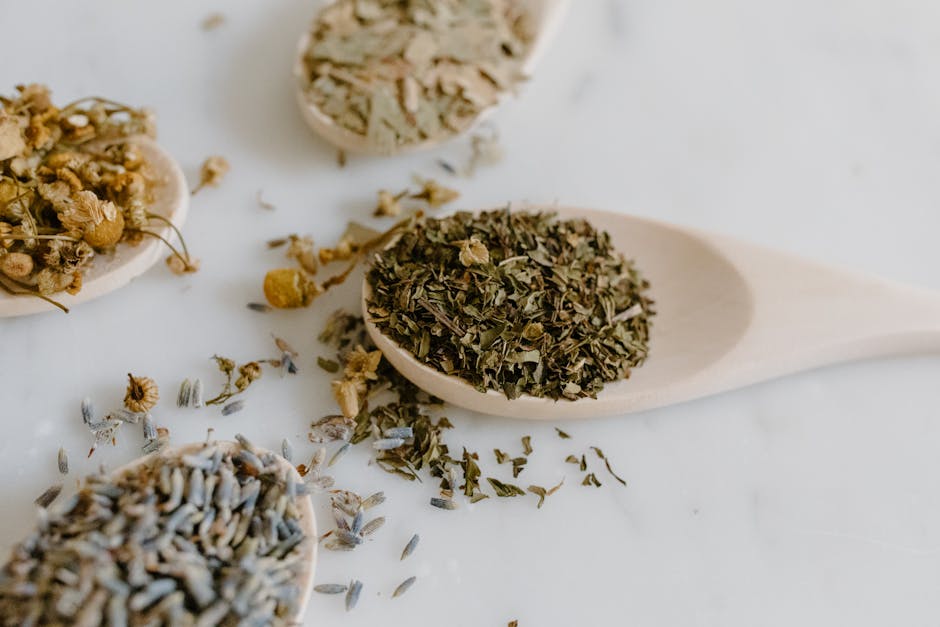Understanding the Role of Nutrition in Healing
Did you know that what you eat can speed up your healing process? Nutrition plays a vital role in recovery from illness, injury, or surgery. Let’s dive into how food impacts healing and why it matters.
Why is Nutrition Important for Healing?

Nutrition provides your body with the fuel it needs to function. When you are healing, your body demands more energy and nutrients. This is because it works hard to repair tissues, fight infections, and restore balance.
According to research, good nutrition can shorten hospital stays and reduce complications. A study published in the journal *Clinical Nutrition* found that patients with better dietary habits heal faster than those with poor nutrition.
What Nutrients Aid in Healing?

Not all foods are created equal. Here are the key nutrients that support healing:
- Protein: This nutrient helps repair tissues and build muscles. Sources include meat, fish, eggs, beans, and nuts.
- Vitamins: Vitamins A, C, and E are essential for healing. Fruits and vegetables are great sources. Think oranges, spinach, and carrots.
- Minerals: Zinc and magnesium play critical roles in recovery. Foods like pumpkin seeds, legumes, and whole grains provide these minerals.
- Healthy Fats: Omega-3 fatty acids can reduce inflammation. You can find these in fish, flaxseeds, and walnuts.
How Does Protein Help in the Healing Process?

Protein is like the building blocks for your body. It helps create new cells and repair damaged ones. When you’re injured or ill, your body breaks down proteins faster than normal. Therefore, it’s crucial to consume enough protein during recovery.
For example, if youve had surgery, eating protein-rich foods can help your surgical wounds heal more quickly. Aim for sources like chicken, eggs, or tofu in your meals.
Why Are Vitamins Crucial for Recovery?

Vitamins are tiny but mighty. They help your body function properly and support the immune system. Vitamin C, for instance, is essential for making collagen, a protein that helps wounds heal.
You can boost your vitamin intake by snacking on fruits like strawberries or kiwis. Leafy greens like kale and broccoli also pack a vitamin punch.
What Role Do Minerals Play in Healing?
Minerals are another group of nutrients that aid in healing. Zinc is vital for cell growth and immune function. Low levels of zinc can slow down recovery. You can find zinc in foods like meat, shellfish, and legumes.
Magnesium helps muscles and nerves function properly. it’s found in nuts, seeds, and whole grains. Including these foods in your diet can make a significant difference in how quickly you heal.
How Can Healthy Fats Support Your Healing?
Healthy fats are often misunderstood. They are not the enemy! In fact, they can help reduce inflammation in the body, which is beneficial during recovery.
Foods rich in omega-3 fatty acids, like salmon and avocados, can support your healing process. Try adding these to your meals a few times a week.
What Are Common Misconceptions About Nutrition and Healing?
Many people have misconceptions when it comes to nutrition and healing. Here are a few of the most common:
- All calories are equal. Not true! The type of food you eat matters. Nutrient-dense foods support healing better than junk food.
- You can’t eat after surgery. While there are restrictions, proper nutrition is crucial even post-surgery. Consult your doctor for guidance.
- Supplements can replace food. Supplements are helpful but should not replace a balanced diet. Whole foods provide more benefits.
What Are Some Practical Tips for Eating Well During Recovery?
Eating well while healing doesnt have to be complicated. Here are some easy tips:
- Plan your meals: Take time to prepare healthy meals in advance. This makes it easier to stick to nutritious options.
- Stay hydrated: Drink plenty of water. Staying hydrated helps your body function better.
- Snack smart: Choose healthy snacks like nuts, yogurt, or fruits instead of processed snacks.
- Listen to your body: If you’re craving something, ask yourself if it’s nutritious. Balance is key.
Can You Heal Faster with Nutrition?
While nutrition alone won’t cure you, it can certainly help speed up the healing process. Eating the right foods supports your immune system and provides the energy needed for recovery.
Many healthcare providers now emphasize nutrition as part of recovery plans. By focusing on a balanced diet, you give your body the best chance to heal quickly and effectively.
What Should You Discuss with Your Doctor?
Before making any significant changes to your diet, it’s essential to consult with your healthcare provider. They can provide personalized advice based on your specific condition.
Consider asking about:
- Your specific dietary needs during recovery
- Any supplements that could be beneficial
- Guidelines for food safety, especially if you’re recovering from surgery
Conclusion: Take Charge of Your Healing Journey
Nutrition is a powerful ally in your healing journey. By understanding how different nutrients affect your body, you can make informed choices that enhance your recovery.
Remember to focus on a balanced diet rich in proteins, vitamins, minerals, and healthy fats. Small changes in your eating habits can lead to significant improvements in your healing process.
Want to learn more about healthy eating? Check out the Academy of Nutrition and Dietetics for reliable information.
Start nourishing your body today, and take control of your healing journey!

